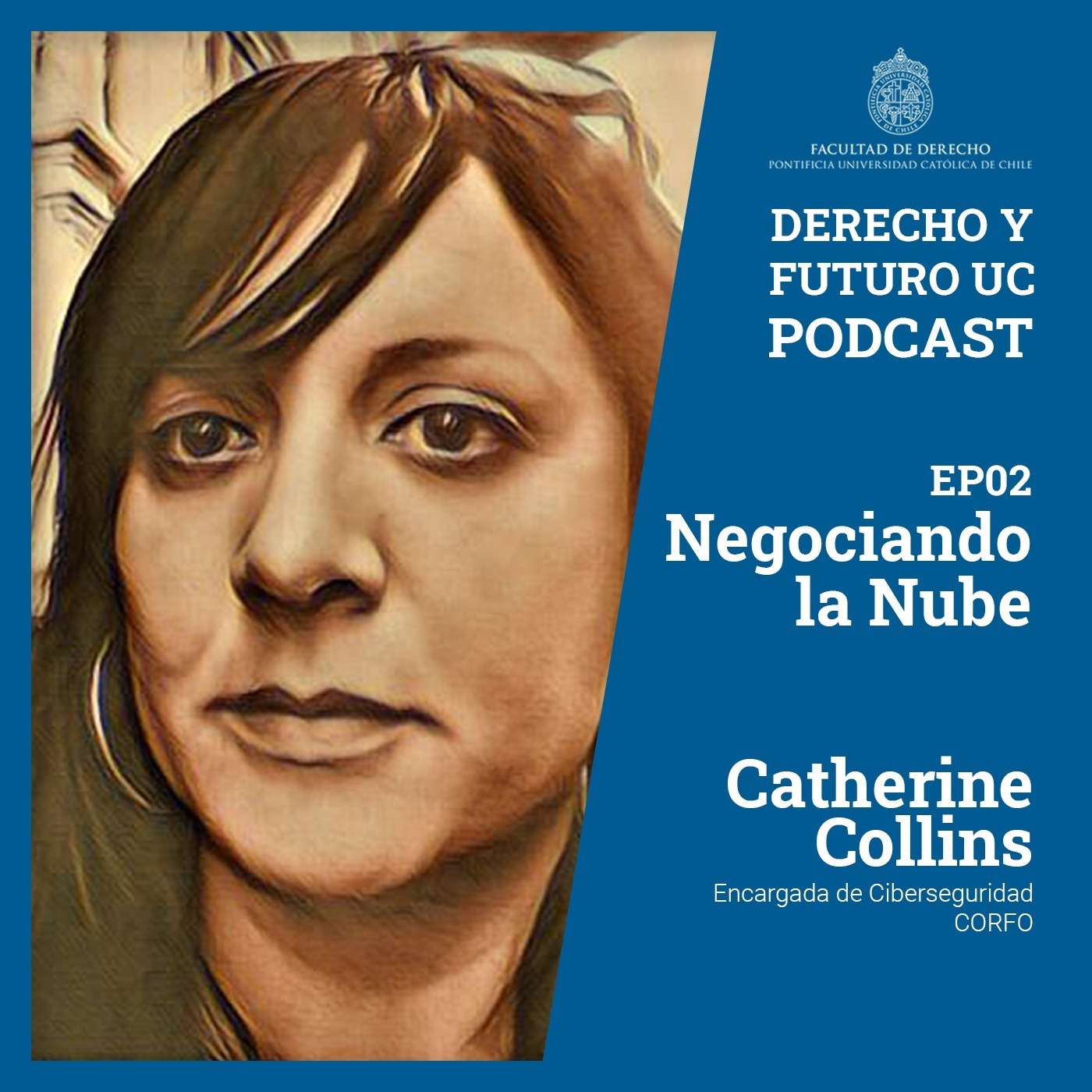
Thus, net neutrality prohibits an ISP from charging websites to be available to the ISP’s subscribers. Net neutrality requires broadband providers to connect their customers to all apps and sites, without favoring some apps over others. Network fees violate net neutrality and would severely distort online competition and user choice. There’s a ton of reasons why this would be terrible public policy (see my explainer here for a comprehensive rundown), but I want to focus in this post on exactly how it violates net neutrality.īoth the ISPs and the Commission have repeatedly said that such fees wouldn’t violate the principles of net neutrality or the EU’s Open Internet Regulation, but repetition does not create truth. In fact, the largest ISPs appear to want to have websites and apps collectively pay them €36-40 bln a year, according to a 2022 study funded by their lobbying group, ETNO. While reporting solid profits and telling their investors everything is going great, European internet service providers (ISPs) have seemingly convinced the European Commission that the normal rise in online traffic is overwhelming and that, without the government requiring online companies to pay them, they’ll be unable to roll out 5G and fiber fast enough to meet EU goals. They violate the EU's net neutrality law, and, if put in place, would be a radical departure from how the internet has operated and flourished over the last 30 years. Network fees like this have never existed in the EU.

In a frontal assault on net neutrality, the European Commission wants to force websites and apps to pay fees to broadband companies like Telefonica, Orange and Deutsche Telekom, and it just closed its call for comments on the proposal.


 0 kommentar(er)
0 kommentar(er)
